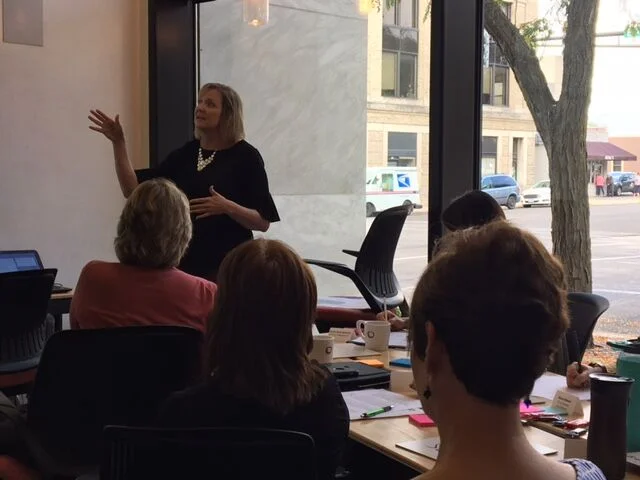Ask for Advice + 9 more Tips for Great Advisory Boards.
Ask for advice + 9 more tips for great advisory boards.
During one stretch a few years ago, I found myself on 6 Advisory Boards. I love the idea of Advisory Boards — that’s probably why I kept saying yes! You get to be “in the know” of an organization you care about and you get to share some expertise to help. At least that’s what I thought I was going to do when I joined an Advisory Board. Sadly, many Advisory Boards don’t know how to make the most of the of their Advisory Board members. During one particularly long, painful and boring Advisory Board experience I scribbled down some tips of how we can do better. (And, by “we” I mean me included, because I’ve made my fair share of these mistakes during my tenure!)
Ask for advice.
Every meeting should be guided by one or two central questions on which you/your organization needs advice. The meeting purpose can’t just be to pour your information into us. Give us the chance to advise.
Talk less.
Really. At least two-thirds of the agenda should make room for the Advisory Board to advise.
Know why you asked me. Then tell me.
Do you want me to be a cheerleader, advocate, mouthpiece, connector, challenger, teacher, broker, or did you ask me because you think I should be up to date? If that’s the case, I prefer to grab a cup of coffee where I can listen rather than join a group.
Be more creative about bringing an Advisory board up to speed.
Clearly advisory board members want to know what’s going on, but keep the professing and PowerPoint to a minimum. Use stories, videos, tours, or preview documents to give me the basics. Presentations and stories from clients/students/people served are the most valuable. Tie these educational presentations directly to the questions you need help with.
Define the space you’re asking the Advisory Board to play.
Is this brainstorming, strategy, feedback, learning, etc.? Have you invited us to give advice, provide strategy, help you raise money? Remember, Advisory Boards aren’t for governance, so be clear you’re looking for input, not decisions. Let us know what it is we’re supposed to be doing. Otherwise, we’re likely to invest ways to be helpful during the session that probably aren’t really helpful.
It’s about the people.
Give people the time and means to get to know each other and the staff of your organization. In the long run you need relationships with Advisory Board members. Understanding their point of view, interest and skills increases your influence and vice versa.
Use the time better.
Use a trained/experienced or professional facilitator. Work in small groups where more people have a chance to speak and relationships are formed. No long lunches (unless we’re getting to know people). Stay on schedule. Large group sessions that last all day long are energy killers.
Include the people you serve, and alumni, as authentic participants in the Advisory Board.
They are likely your best Advisors. Who would know more about how your organization needs to grow and change?
Don’t ask for MY input in YOUR expertise area.
Ask for MY input in MY expertise area.
Don’t ask if you don’t want to hear it.
If you ask for input, don’t reject ideas with out of hands excuses… the culture, the money, the politics, etc. Listen.
BONUS: Ask me – personally - TO DO something that will help you meet your goals.
In nearly every meeting I attend I hear an Advisory Board member suggest a way that they could help (“I could put you in touch with that CEO”, or “there’s a book you really ought to read.”. Follow-up with that person (and everyone else) the NEXT day and ask them to take on that task or give you the information.
If you’d like help structuring your next Advisory Board meeting, schedule a Facilitation and Agenda Design coaching call.
Author: Stacy Van Gorp

